Whenever I reflect on the ending of The Last of Us when the game first released on the PlayStation 3 in 2013—long before it and its sequel were remade to death on every subsequent console—I’m reminded of the late, great director David Lynch‘s enduring philosophy on ambiguity in art. Rather than explicitly guiding audiences toward specific interpretations of works like Inland Empire, Mulholland Drive, or Twin Peaks, Lynch emphasized the significance of how a viewer feels after experiencing his work. To him, the emotional resonance mattered more than providing a neatly packaged answer, trusting audiences to wrestle with the mystery independently rather than having their jaws massaged by its creator after being fed an explanation.
At the end of the now 12-year-old game, I felt that Joel’s decision to kill the Fireflies was a selfish act, fueled by his deep love for Ellie, that ultimately condemned humanity to the relentless grip of the cordyceps outbreak. That sentiment was powerfully echoed in The Last of Us Part II‘s reveal trailer, where Shawn James’ haunting song “Through the Valley” underscored the game’s themes of loss, survival, and moral ambiguity. It’s a feeling that remained just as potent throughout HBO’s first season adaptation, reinforcing the weight of the enigma of Joel’s choice.
Yet, as we march toward the finale of the second season—a season breathlessly heralded as the first example of gaming as art, a claim I find both laughable and naive to the medium—it becomes apparent that the show is wholly afraid of the ambiguity that gives art its emotional depth. Game director and series executive producer Neil Druckmann’s persistent efforts to clarify the moral complexities of his already messy creation incessantly do not enhance its impact; instead, they diminish the very intrigue that made it compelling in the first place.

In the penultimate episode of The Last of Us season two, Ellie (Bella Ramsey) and Joel (Pedro Pascal) finally (kind of) confronted the truth behind Joel’s deception on the Fireflies’ search for a cure. It would’ve killed Ellie, so instead of letting that happen, he killed them first. Classic Joel. Gamers have long debated whether or not Ellie’s death would result in the world having a cure; the game itself played up the uncertainty of folks in the universe not knowing whether Ellie’s immunity could be copied and shared with the rest of the world. Druckmann appeared on the Sacred Symbols podcast (thanks, GamesRadar+!) and gave a definitive answer about whether or not the Fireflies could have come up with a cure.
“Could the Fireflies make a cure? Our intent was that, yes, they could,” Druckmann said. “Now, is our science a little shaky that now people are questioning it? Yeah, it was a little shaky and now people are questioning that. I can’t say anything. All I can say is that our intent is that they would have made a cure.”
Druckmann’s remark provides a concrete answer in one stroke while framing Joel as an outright villain for the first time in The Last Of Us season two. It also undercuts the uncertainty that made it so compelling to begin with. What was once a morally complex mystery has now been neatly packaged into a definitive stance, robbing the show of the ambiguity that made it must-watch television to begin with. This is just one of many instances where The Last of Us spells things out rather than embraces ambiguity. As someone deeply captivated by the games, it has made the show an increasingly frustrating experience.
As The Last Of Us season two has chugged along, its intent on spelling out every layer of its narrative rather than trusting audiences to interpret its ambiguity for themselves has gone from a creative license to expand the series for television to an insult to viewers’ intelligence. Abby (Kaitlyn Dever)’s motivation for killing Joel, a revelation poignantly revealed at the midpoint of The Last of Us II, is laid out in explicit terms (with a baffling, immersion-breaking remark about Joel being “handsome”), removing the unsettling moral complexity that made her arc so challenging and compelling for players who initially objected to playing as her and learning her side of the story.
Meanwhile, Joel’s portrayal in Jackson is steeped in reverent praise, with everyone talking up his selflessness, further diluting the thorny and—let’s be honest—asshole ethics of his past decisions.
 © HBO
© HBOAnother key difference lies in the timing of Ellie’s realization. In HBO’s adaptation, she confirms her suspicions the night before Joel’s death, whereas in the game, Ellie has this revelatory conversation with Joel years before what would become the starting point of season two. The lie fractures their relationship, leading to a long period of no contact—making Ellie’s journey toward reconciliation with Joel all the more poignant.
By contrast, HBO Ellie seems to rush through the emotional fallout, almost speedrunning her grief, which—at least from Joel’s perspective—appears to be largely triggered by his mercy killing of Eugene, the late husband of Jackson’s resident therapist, Gail (Catherine O’Hara), in the heat of their conversation instead of him lying about the Fireflies.
Ultimately, HBO Ellie still arrives at the same conclusion as her game counterpart: that Joel’s deception was a betrayal. But in the game, this revelation lingers, festering in Ellie’s mind over years of unresolved tension and estrangement. The show, however, compresses this emotional arc, flattening the depth of Ellie’s internal struggle and making her grief feel more like a narrative obligation than a natural progression.
 © HBO
© HBOOne of the most frustrating additions is Gail, who, despite O’Hara’s knack for delivering every sardonic line with scene-stealing charisma, feels less like an organic part of the story and more like a narrative mouthpiece. Instead of allowing Joel and Ellie’s emotions to unfold solely through Ramsey and Pascal’s performances—their mannerisms, silences, and unspoken tension—to do the heavy lifting themselves, Gail spells everything out, stripping the story of its depth.
By spoon-feeding audiences what should have been nuanced character moments, the show reinforces that it doesn’t trust viewers to interpret ambiguity on their own. In an apparent effort to overcorrect the discourse surrounding the game’s initial ambiguity, perhaps to shield Dever from the same kind of unjustifiable online harassment and death threats that Abby’s voice actor, Laura Bailey, endured. Joel was never an angel, and by framing the story with a heavy-handed certainty instead of allowing its moral complexities to linger, the series ultimately sacrifices nuance that could have made for truly compelling television.
 © HBO
© HBOEllie, too, has lost the rough edges that made her such a compelling protagonist. Instead of the vengeful, emotionally volatile force she was in The Last Of Us Part II—one who tore through Seattle with reckless abandon and fury—she’s become more of a blorbo-ified version of herself. Here, she’s less of aa driven antihero and more of a softened, almost passive figure in her own story, going on a U-Haul meet-cute road trip with Dina (Isabela Merced) that would feel more at home in a Disney sitcom than an HBO post-apocalyptic drama.
Dina, in contrast, feels more locked into the mission, her weariness palpable as she trudges alongside Ellie, who despite being a jaded 19-year-old still acts like the careless child Joel met in the first season, more concerned with cracking jokes than smashing heads. This isn’t Ramsey’s fault, obviously, but more a case of the scriptwriting not wanting to paint Ellie as an asshole either—which she spends the majority of the game being.
And then there’s Druckmann, who seems unable to let the story’s ambiguity speak for itself, retroactively massaging pivotal moments from the games in his recent HBO’s Inside the Episode vignettes. If we’re being honest, these post-show segments aren’t offering the profound insights they’re striving for. They’re starting to resemble the hollow commentary of David Benioff and D.B. Weiss’ Game of Thrones final-season breakdowns, where nuanced storytelling was replaced with forced justification.
 © HBO
© HBOThere’s a vast difference between ambiguity that invites an audience to bring their interpretations and convictions into a work, challenging them to engage with its themes, and ambiguity that crumbles under pressure and provides a definitive stance out of creative cowardice. The Last of Us increasingly leans toward the latter, choosing to clarify, justify, and explain rather than simply present. In doing so, it has transformed something once fiercely compelling into a sanitized, overly explanatory version of itself.
With two more seasons ahead to fully adapt the game, the show’s once-glowing prestige as compelling television risks losing its luster if it remains fixated on spoon-feeding audiences rather than allowing them space to wrestle with their own interpretations. By smoothing over the jagged and combative edges of its leads and laying bare all its intended truths instead of embracing ambiguity, HBO’s The Last Of Us season two has stopped being an adaptive creative work and has become derivative, eroding the ambiguity that once made it an impactful and thought-provoking experience to a milked out adaptation that is hellbent on doing the thinking and feeling for viewers.
Want more io9 news? Check out when to expect the latest Marvel, Star Wars, and Star Trek releases, what’s next for the DC Universe on film and TV, and everything you need to know about the future of Doctor Who.


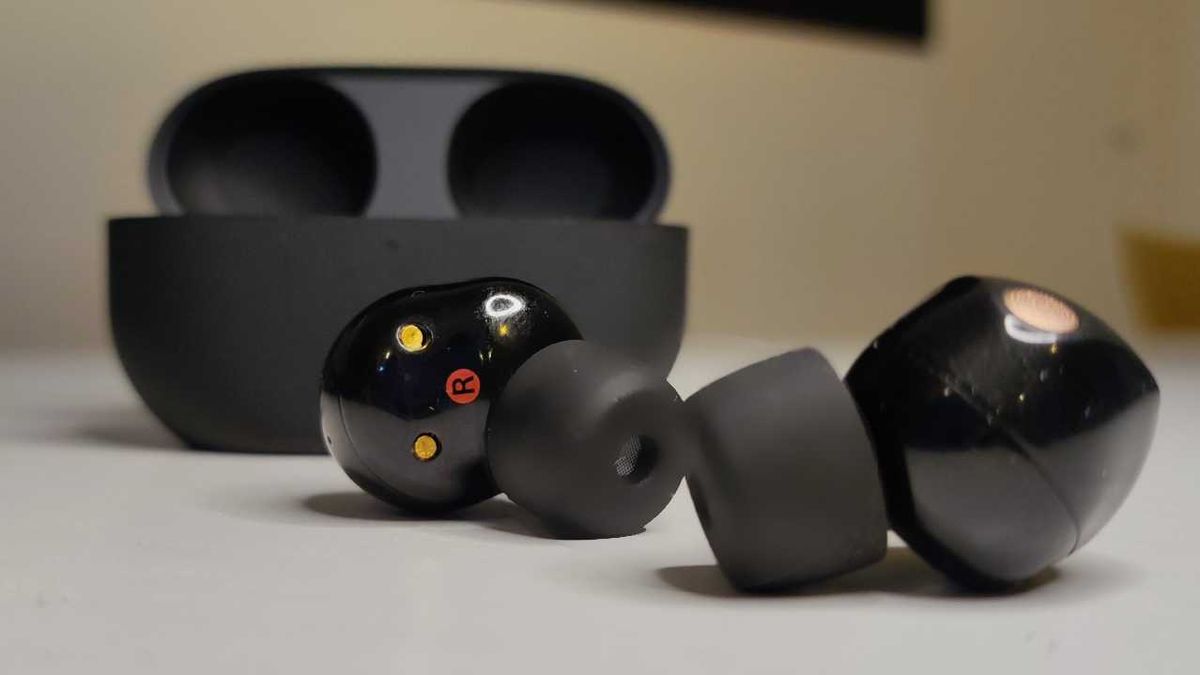
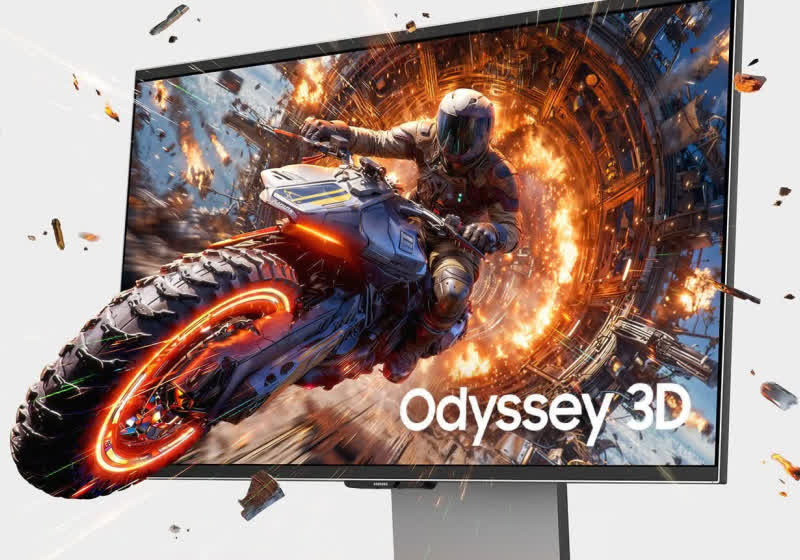
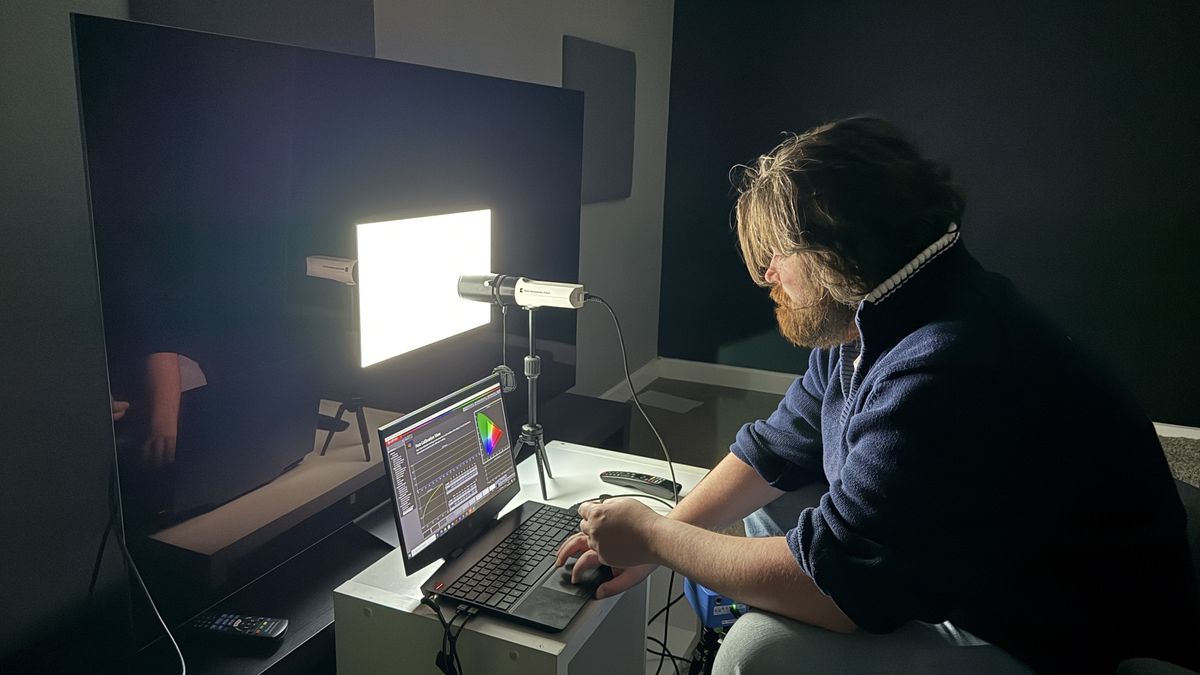

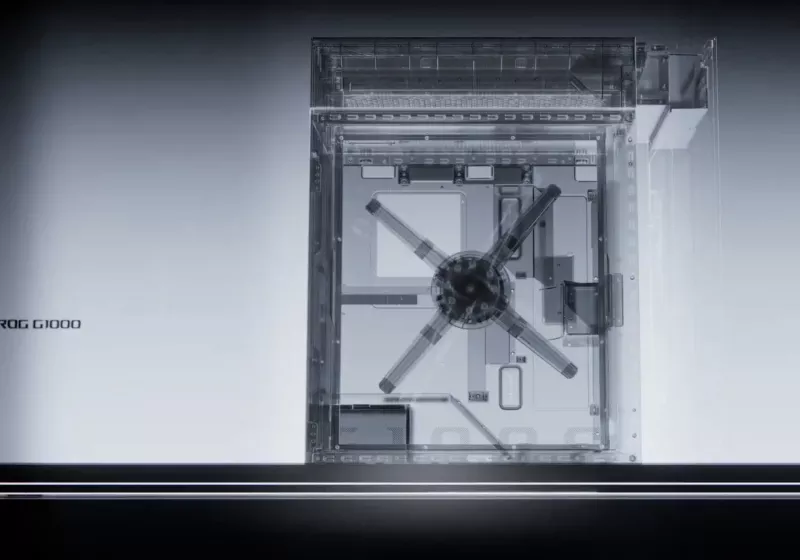
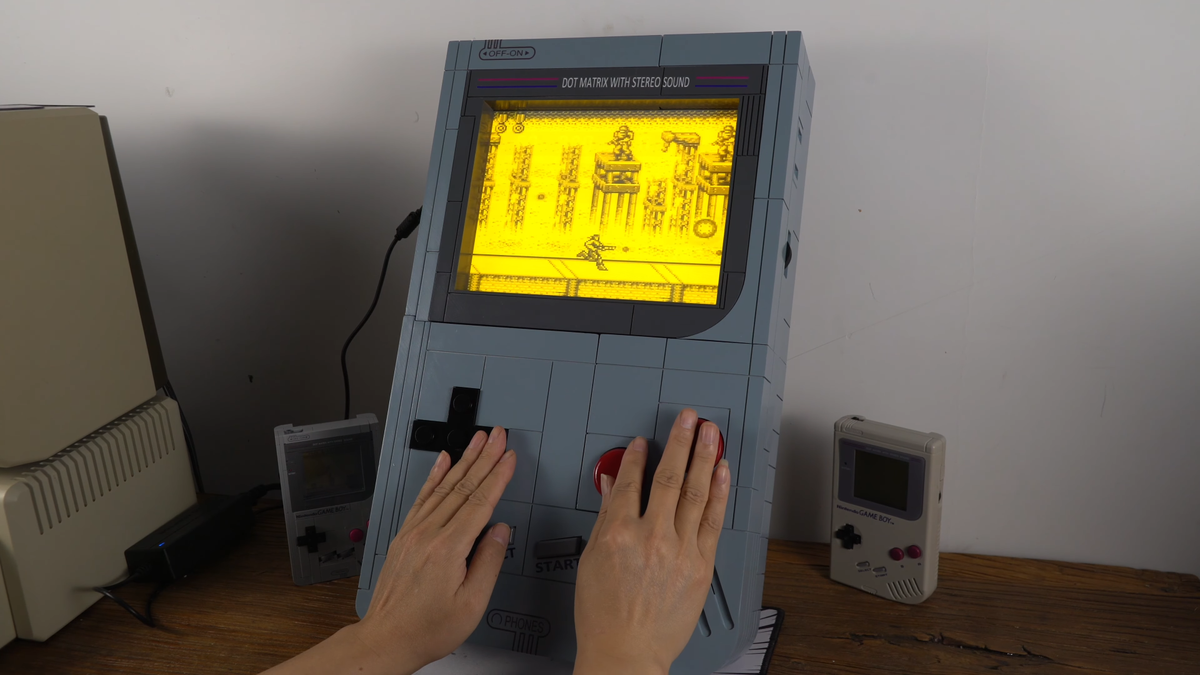

 English (US) ·
English (US) ·